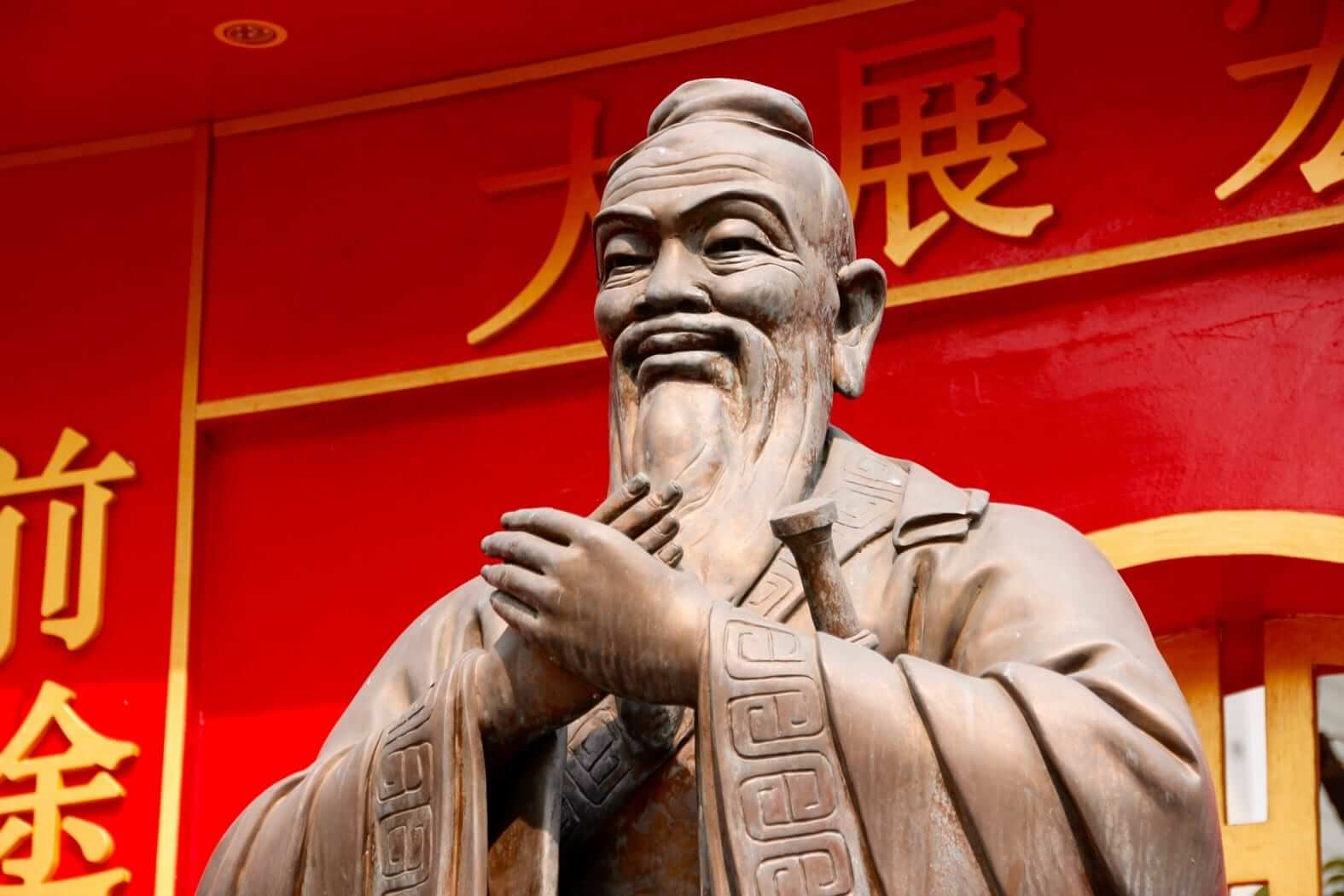
Confucianism is a philosophical and ethical system based on the teachings of Confucius, a Chinese philosopher who lived over 2,500 years ago. But what makes Confucianism so significant? Confucianism emphasizes the importance of family, respect for elders, and the value of education. It has shaped Chinese culture, politics, and society for centuries. This philosophy promotes virtues like kindness, loyalty, and righteousness. Confucius believed that a harmonious society could be achieved through moral integrity and proper conduct. Confucianism isn't just a set of beliefs; it's a way of life that influences everything from government policies to personal relationships. Ready to dive into 25 intriguing facts about this ancient yet enduring philosophy? Let's get started!
Confucianism: An Overview
Confucianism, a philosophical and ethical system, has shaped Chinese culture for over two millennia. Founded by Confucius, it emphasizes morality, social relationships, and justice. Let's dive into some intriguing facts about this influential philosophy.
-
Confucius' Real Name: Confucius was born as Kong Qiu in 551 BCE in the state of Lu, now part of modern-day Shandong Province, China.
-
The Analects: The primary text of Confucianism, "The Analects," is a collection of sayings and ideas attributed to Confucius and his disciples.
-
Five Key Relationships: Confucianism highlights five essential relationships: ruler-subject, father-son, husband-wife, elder brother-younger brother, and friend-friend.
-
Filial Piety: A core value in Confucianism, filial piety emphasizes respect and devotion to one's parents and ancestors.
-
Ren (Humaneness): Ren is the central ethical principle in Confucianism, advocating kindness, benevolence, and empathy towards others.
Confucianism's Influence on Society
Confucianism has profoundly impacted various aspects of society, from education to governance. Here are some ways it has shaped the world.
-
Civil Service Exams: In ancient China, Confucian texts formed the basis of the civil service exams, determining who could hold government positions.
-
Education: Confucius believed in the importance of education for moral development and societal harmony.
-
Meritocracy: Confucianism promotes the idea that individuals should be judged based on their abilities and virtues rather than their social status or wealth.
-
Rituals and Etiquette: Confucianism places great importance on rituals and proper conduct to maintain social order and harmony.
-
Confucian Temples: Numerous temples dedicated to Confucius exist throughout China and other East Asian countries, serving as places of worship and education.
Confucianism in Modern Times
Despite its ancient origins, Confucianism continues to influence contemporary society in various ways. Let's explore some modern-day impacts.
-
Confucian Institutes: Established worldwide, these institutes promote Chinese language and culture, reflecting Confucian values.
-
Corporate Culture: Many East Asian businesses incorporate Confucian principles, emphasizing loyalty, respect, and hierarchical relationships.
-
Legal Systems: Some aspects of Confucian thought have influenced modern legal systems, particularly in East Asia.
-
Family Values: Confucianism's emphasis on family and social harmony remains strong in many Asian cultures today.
-
Political Thought: Confucian ideas about governance and morality continue to shape political discourse in countries like China and South Korea.
Confucianism and Religion
While often considered a philosophy, Confucianism also has religious elements. Here are some facts about its spiritual aspects.
-
Ancestor Worship: Confucianism encourages the veneration of ancestors, believing it fosters family continuity and respect.
-
Heaven (Tian): Confucius spoke of "Heaven" as a guiding force for moral order and justice.
-
Confucian Saints: Some followers regard Confucius and his disciples as saints, venerating them in rituals and ceremonies.
-
Confucian Festivals: Celebrations like Confucius' birthday and the Confucian Temple Fair honor the philosopher and his teachings.
-
Syncretism: Confucianism often blends with other religious traditions, such as Buddhism and Taoism, creating a unique spiritual landscape.
Confucianism's Global Reach
Confucianism's influence extends beyond China, impacting cultures and societies worldwide. Here are some examples.
-
Korea: Confucianism has deeply influenced Korean culture, particularly in areas like education, family structure, and social etiquette.
-
Japan: Japanese society has incorporated Confucian principles, especially in terms of loyalty, duty, and respect for authority.
-
Vietnam: Confucianism has shaped Vietnamese education, governance, and family values for centuries.
-
Western Interest: Western scholars and philosophers have studied Confucianism, appreciating its ethical and moral insights.
-
Global Conferences: International conferences and symposiums on Confucianism foster cross-cultural dialogue and understanding.
Timeless Wisdom of Confucius
Confucius' teachings have left a lasting mark on society. His ideas on ethics, family, and education still resonate today. He emphasized the importance of respect, honesty, and hard work. Confucius believed that a harmonious society starts with individuals who cultivate virtue and wisdom. His sayings, collected in the Analects, offer practical advice for living a good life. From the importance of filial piety to the value of lifelong learning, his wisdom remains relevant. Confucius' influence extends beyond China, impacting cultures worldwide. His thoughts on leadership and governance continue to inspire modern thinkers. By understanding Confucius' teachings, we gain insights into building a more just and compassionate world. His legacy reminds us that true wisdom transcends time and place, offering guidance for generations to come.
Was this page helpful?
Our commitment to delivering trustworthy and engaging content is at the heart of what we do. Each fact on our site is contributed by real users like you, bringing a wealth of diverse insights and information. To ensure the highest standards of accuracy and reliability, our dedicated editors meticulously review each submission. This process guarantees that the facts we share are not only fascinating but also credible. Trust in our commitment to quality and authenticity as you explore and learn with us.
